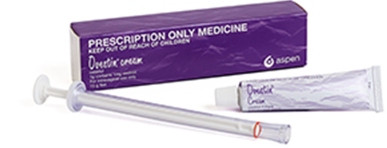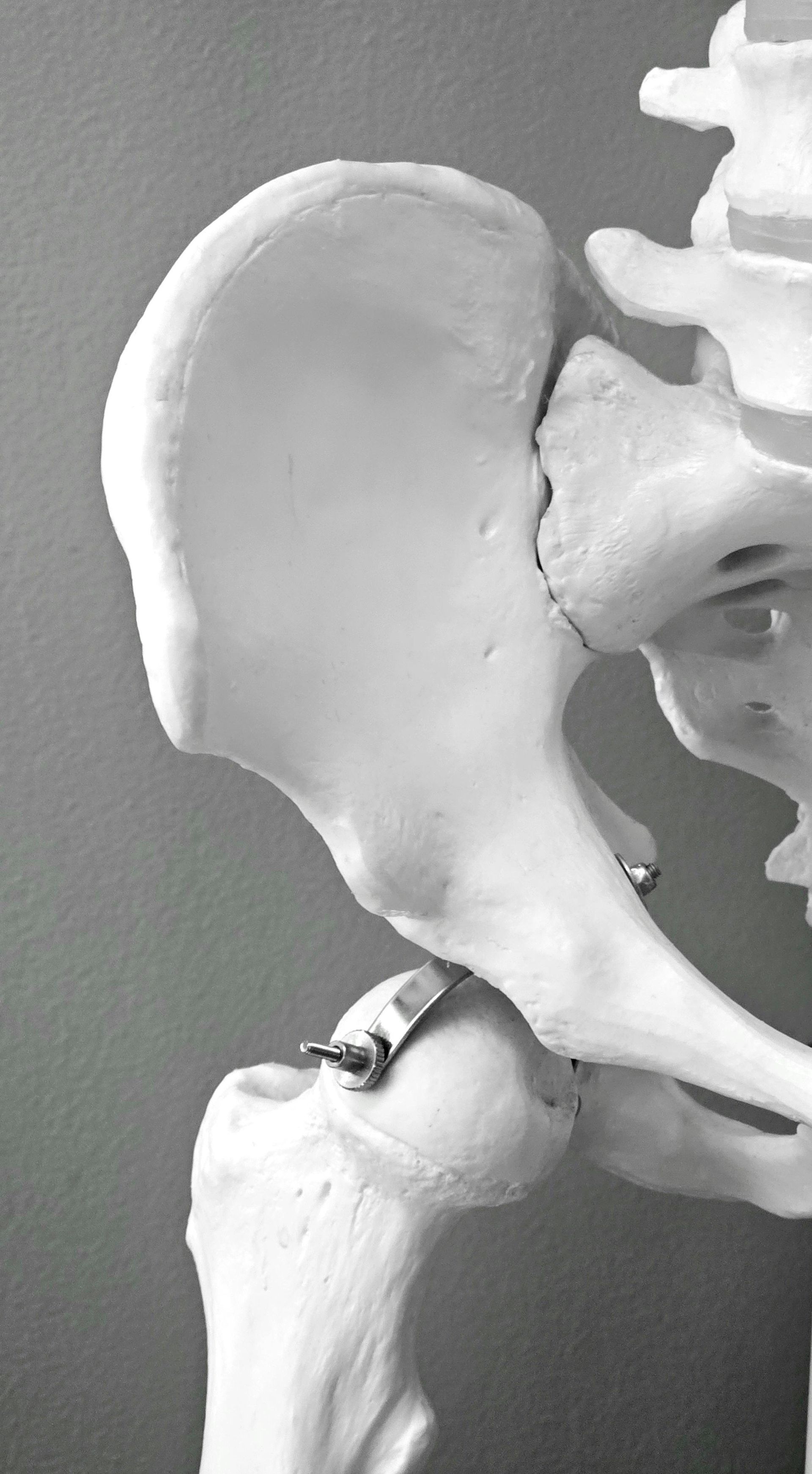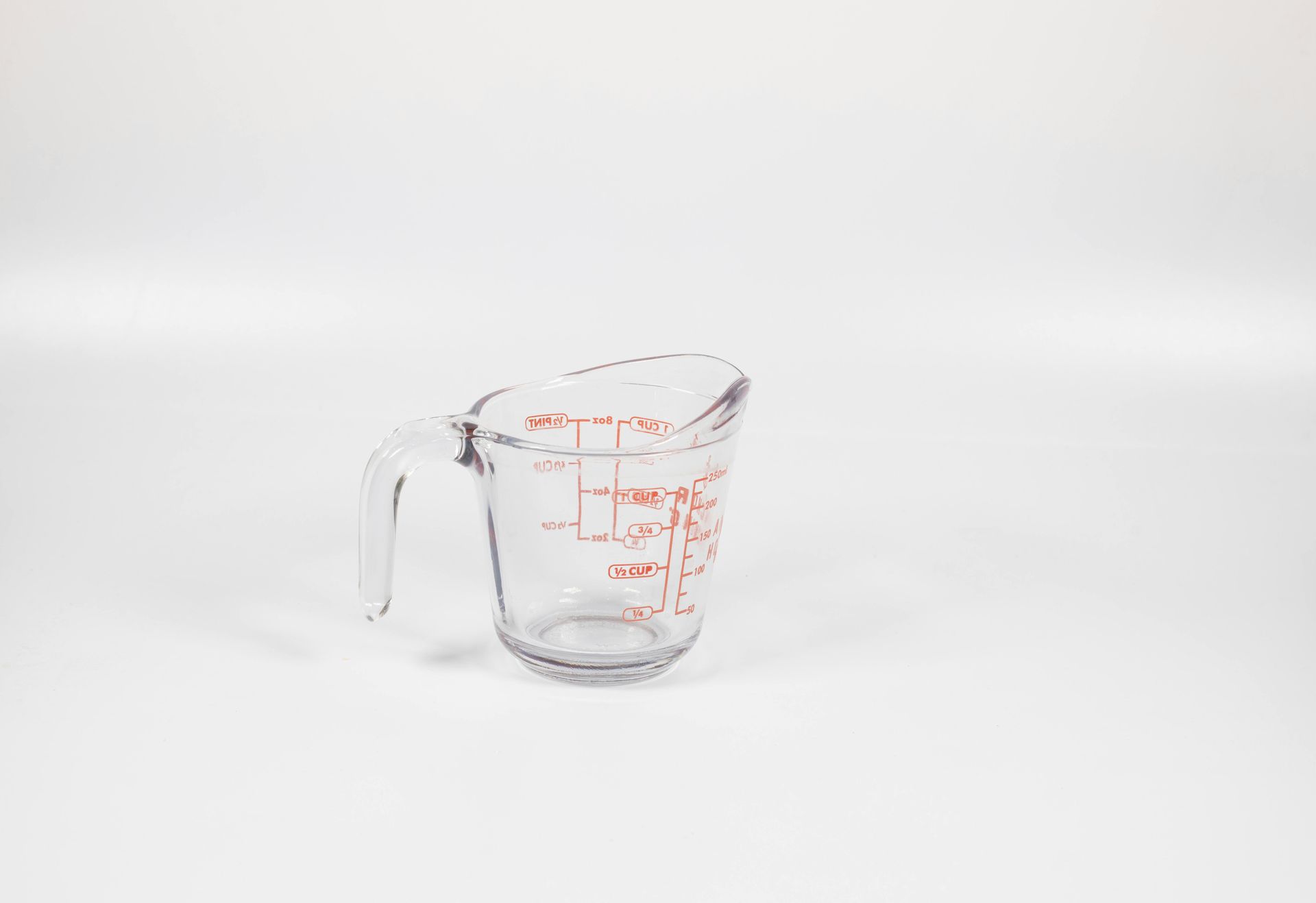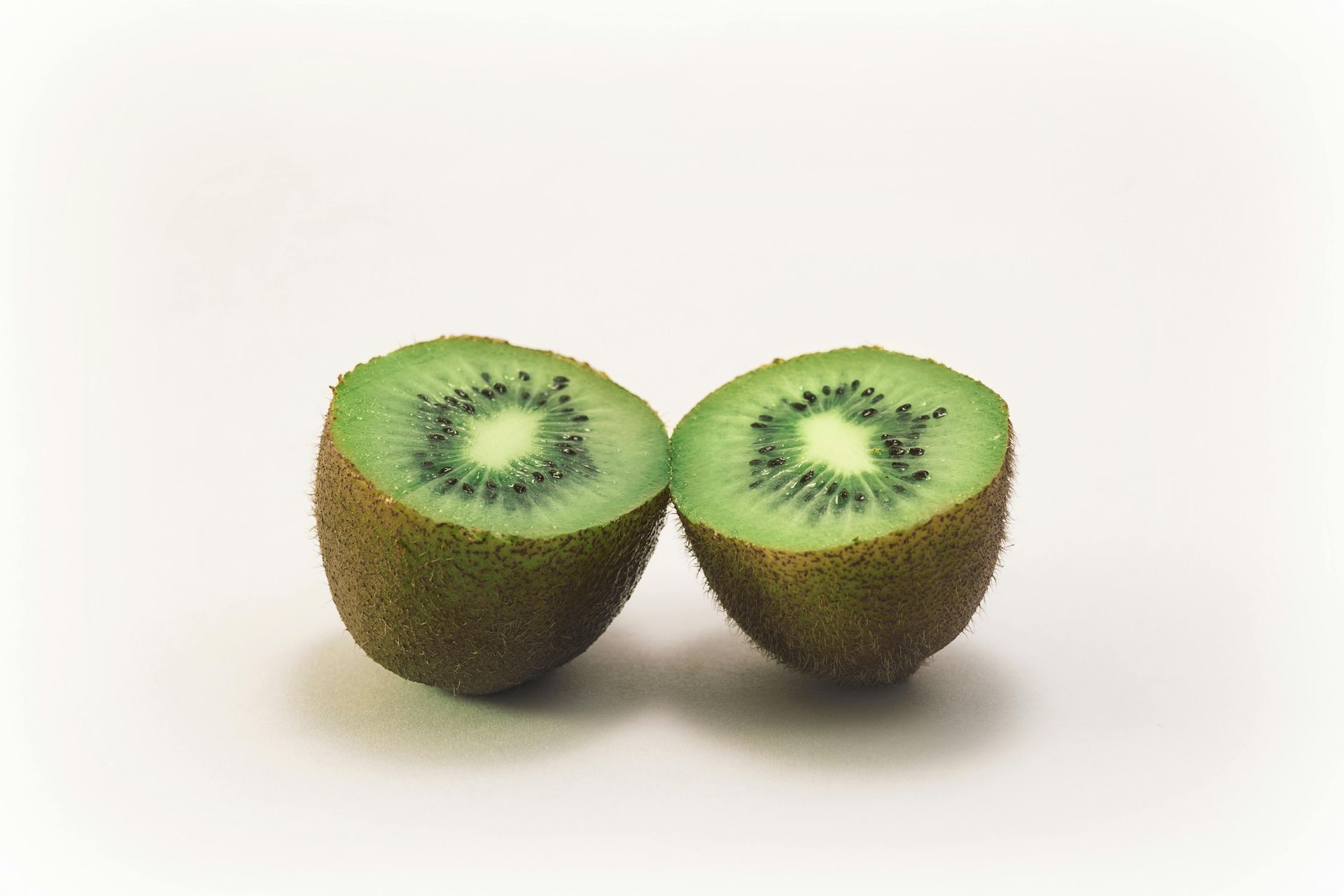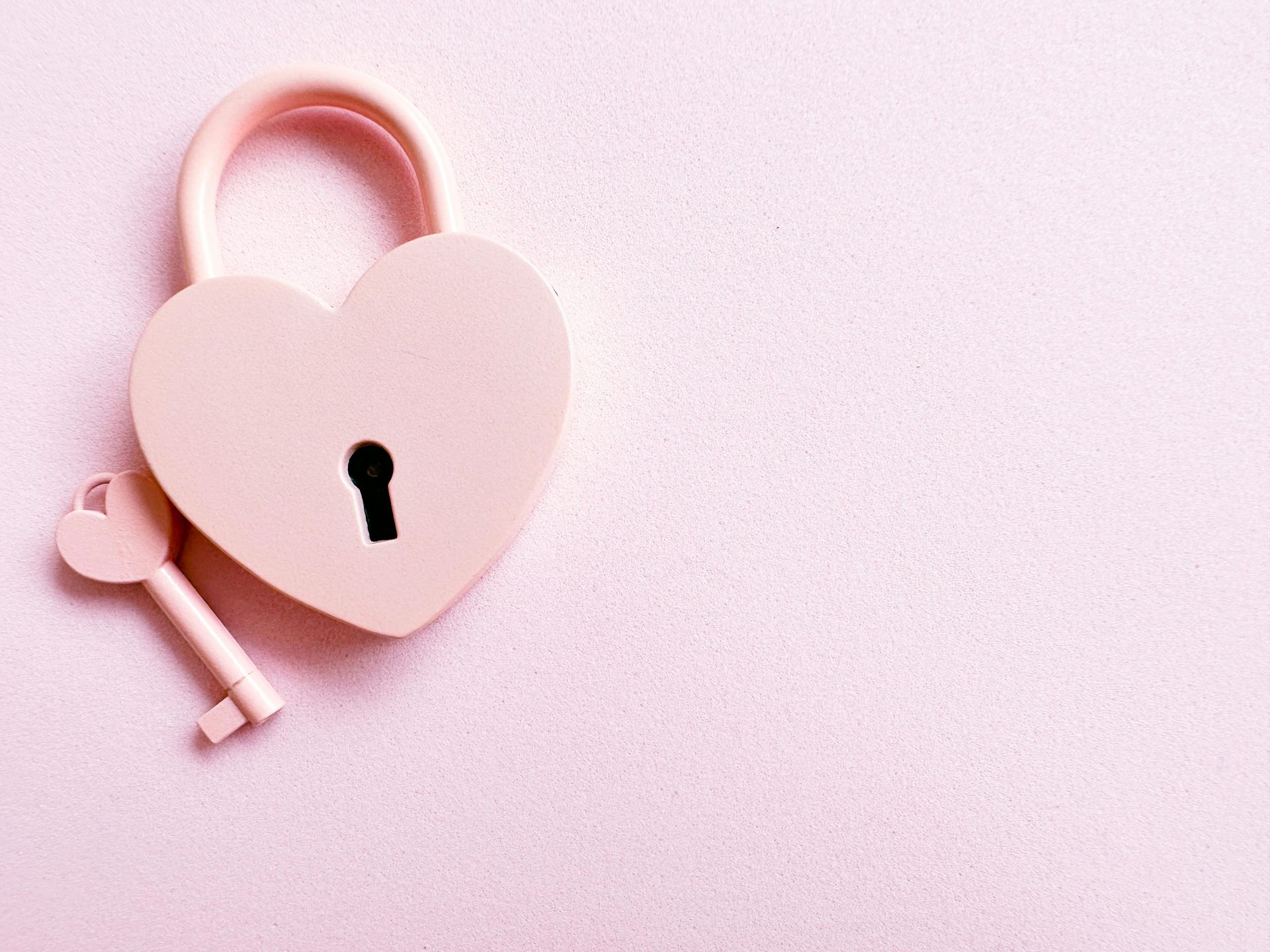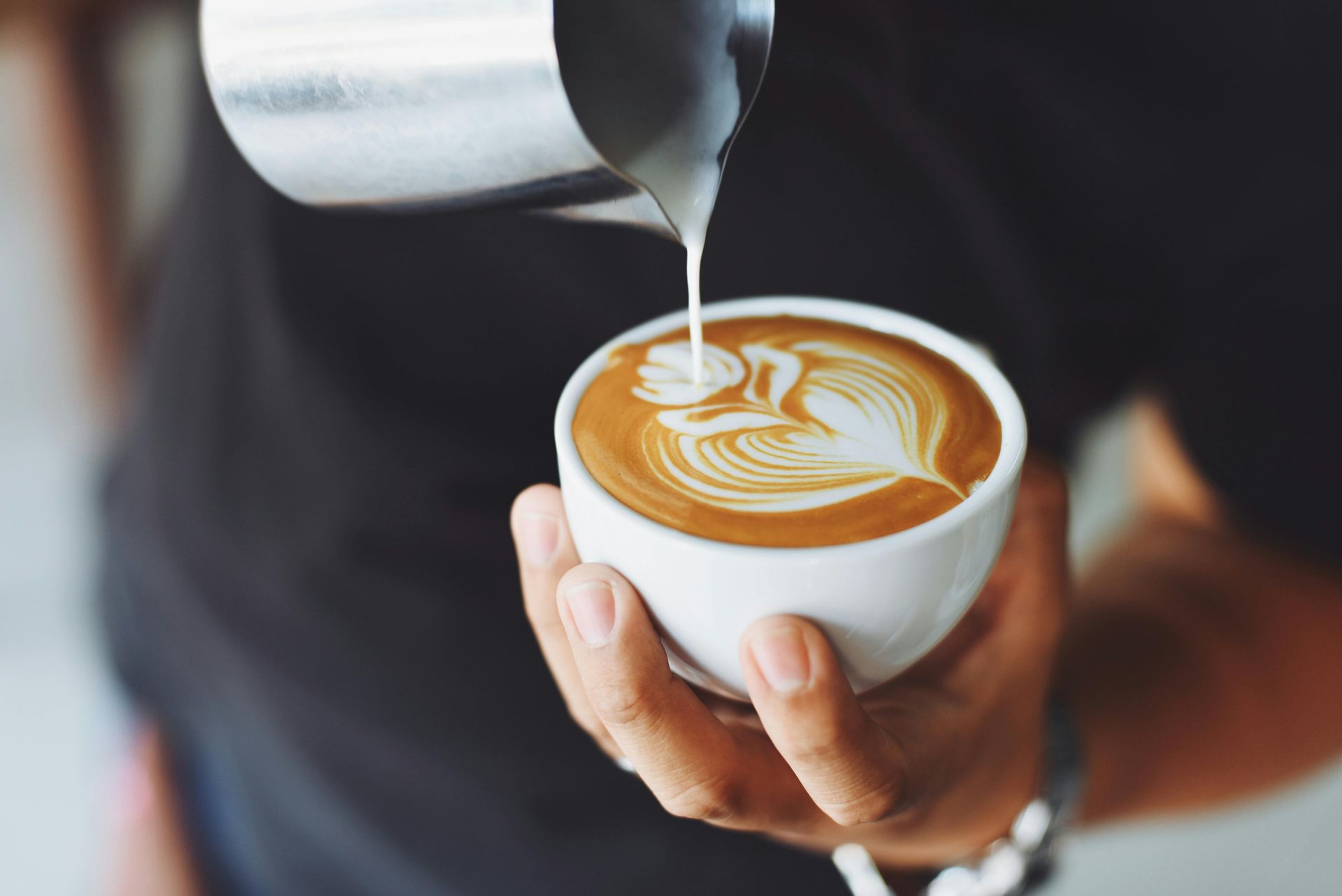UNDERSTAND: Coffee
Coffee is considered a bladder irritant primarily because of its caffeine content, which can stimulate the bladder and lead to symptoms like urgency, frequency, and in some cases, discomfort.
### How Coffee Affects the Bladder
1. **Caffeine as a Stimulant**
Caffeine is a known diuretic, meaning it increases urine production by stimulating the kidneys. More urine can lead to a fuller bladder faster, increasing the frequency and urgency of trips to the bathroom.
2. **Bladder Muscle Irritation**
Caffeine also stimulates the bladder muscle, known as the detrusor muscle, which can cause it to contract more forcefully or more frequently than usual. This can make you feel like you need to go urgently, even if your bladder isn’t entirely full.
3. **Acidity**
Coffee is naturally acidic, and acidic substances can irritate the bladder lining, leading to discomfort or a burning sensation in some individuals. This irritation can make the bladder more sensitive and prone to spasms, which can trigger urgency and frequency.
4. **Dehydration Effect**
Since caffeine is a diuretic, it can contribute to mild dehydration, particularly if a person isn’t drinking enough water to compensate. Concentrated urine from dehydration can irritate the bladder further, increasing symptoms.
### Impact on Sensitive Bladders
For people with bladder issues, such as overactive bladder or interstitial cystitis, coffee may intensify symptoms because their bladders are already sensitive to irritation. Cutting back or switching to decaffeinated options may reduce these effects, although even decaf coffee retains some acidity, so effects may still vary.
Health Library
Learn - Pelvic health



